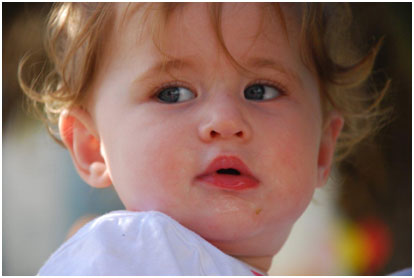
Trust is a very important currency in marriage. It gives both partners a sense of certainty in the relationship, which helps it survive and remain strong. Certainty is a need we all have in life. Subconsciously, we would be willing to do a lot in order to have it met. When our sense of certainty is a bit shaky, we get anxious. This can be a killer in a relationship.
If you know the story of the boy who cried wolf, you understand why trust is so valuable. In the story, they boy would run to the village to beg the townspeople to help him. A wolf was chasing his sheep. The villagers rushed to help, only to discover that there was no wolf and the boy had lied. A week later, the boy did it again, and again, and again. The villagers came once, twice and even three time, and each time, there was no wolf. Until one day, the boy came running in a real panic, begging for help. A wolf was really chasing his sheep this time. But the villagers did not believe him. He had lied to them too many times. And the boy could only watch in horror as the wolf ate his sheep.















